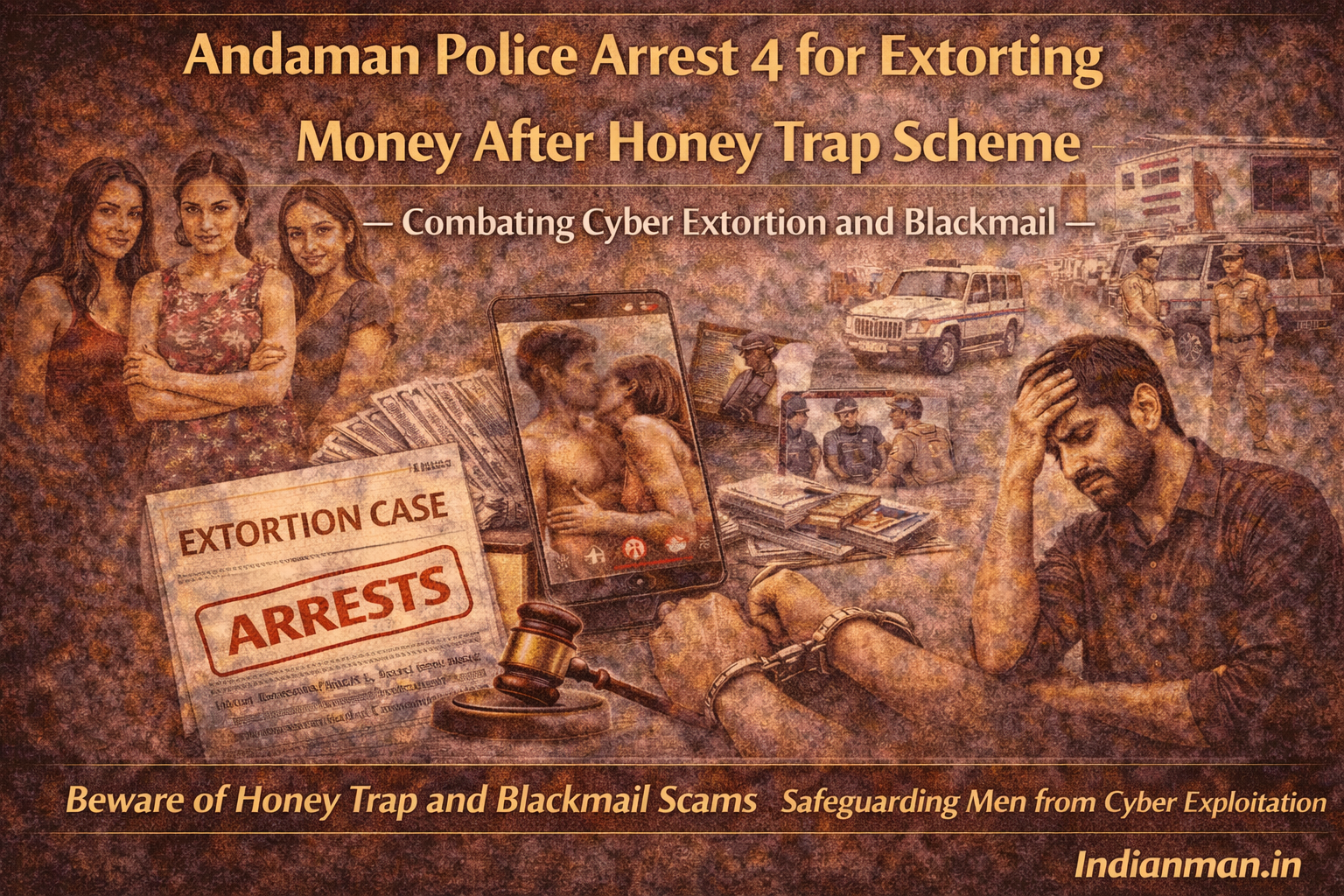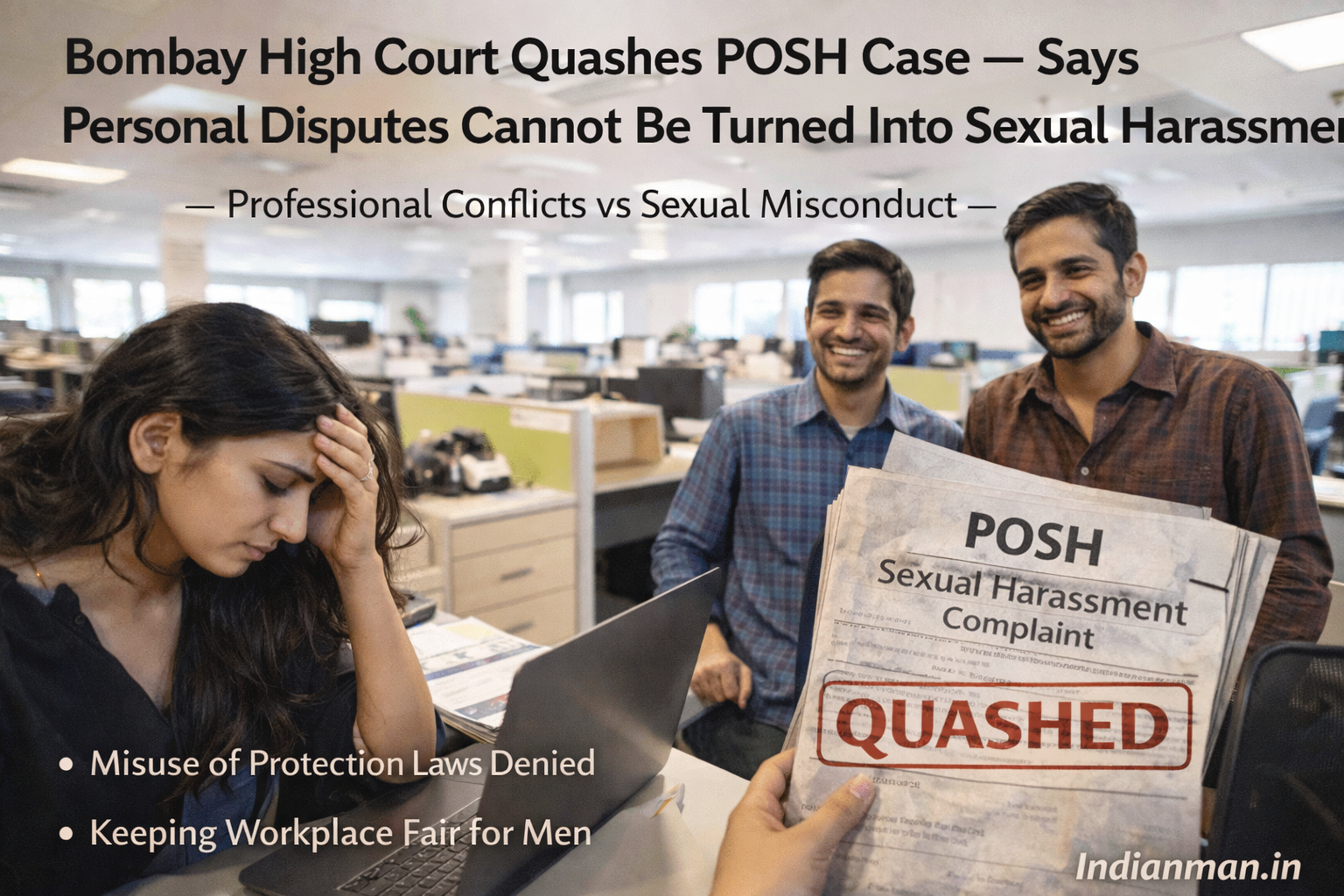Calcutta HC: Using Terms Like ‘Sweety’ and ‘Baby’ Not Always Sexual Harassment
The Calcutta High Court has ruled that expressions like ‘baby’ and ‘sweety’ may be common in some social circles and do not always imply sexual harassment. The court highlighted the importance of context and warned against applying reverse bias against men in harassment cases.
Court Observations
Justice Sabyasachi Bhattacharyya noted that the petitioner did not claim that the respondent peeped into her room or stared at her in a compromising situation. The court found it hard to believe that such actions would go unnoticed in a setting with CCTV coverage and others present.
The court stated, “Staring has various shades and does not always lead to sexual harassment as per the 2013 Act… Using terms like ‘baby’ and ‘sweety’ may be inappropriate, but not necessarily sexually colored.” The court observed that once the petitioner expressed discomfort, the respondent stopped using these terms.
Reverse Bias Warning
The court emphasized the need to avoid reverse bias in sexual harassment cases, cautioning that overprotection could hinder genuinely competent female employees. The court stressed the importance of fair and unbiased adjudication.
Case Background
The petitioner, a former Coast Guard officer, alleged sexual harassment by her commanding officer. The Internal Complaints Committee (ICC) dismissed her complaint after hearing both parties. The petitioner claimed the respondent stared at her inappropriately and used terms like ‘baby’ and ‘sweety,’ which she found offensive. However, once she confronted him, he did not repeat the terms.
The court highlighted several prior misconduct allegations against the petitioner, suggesting that her harassment claim might be a tactic to avoid disciplinary action. The court noted the petitioner’s psychological issues, which were documented in the ICC’s records.
Court’s Decision
The court upheld the ICC’s decision, absolving the respondent of the harassment allegations. The court concluded that the petitioner’s conduct and the evidence suggested possible malice and a strategy to protect herself from disciplinary action.
Implications
This ruling underscores the importance of context in harassment cases and the need to ensure that protections do not result in reverse bias. The court’s decision aims to balance the rights of both complainants and accused in harassment allegations.
This rephrased and SEO-optimized article highlights the key points of the Calcutta High Court ruling on the use of terms like ‘sweety’ and ‘baby,’ the importance of avoiding reverse bias, and the context of the case.




